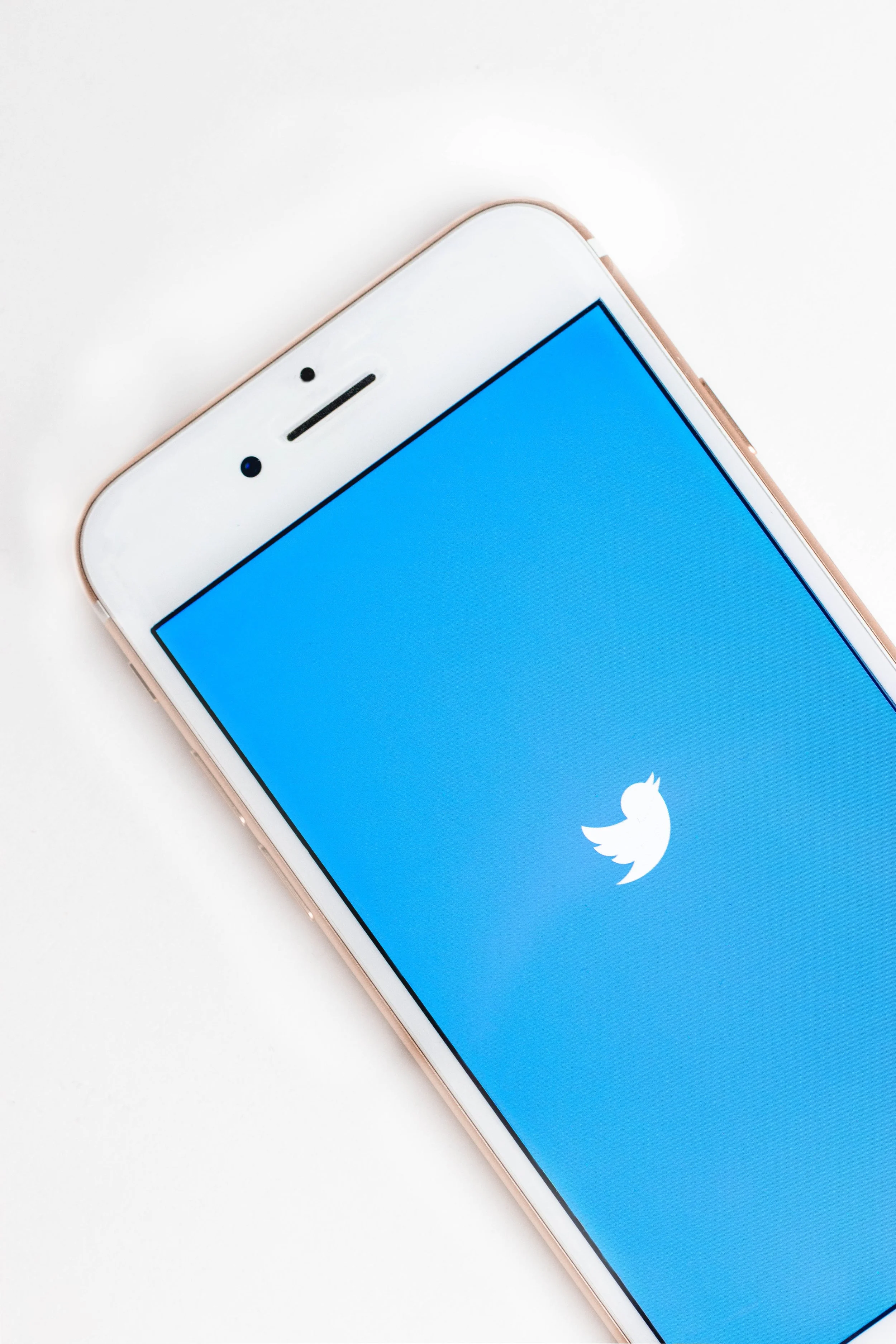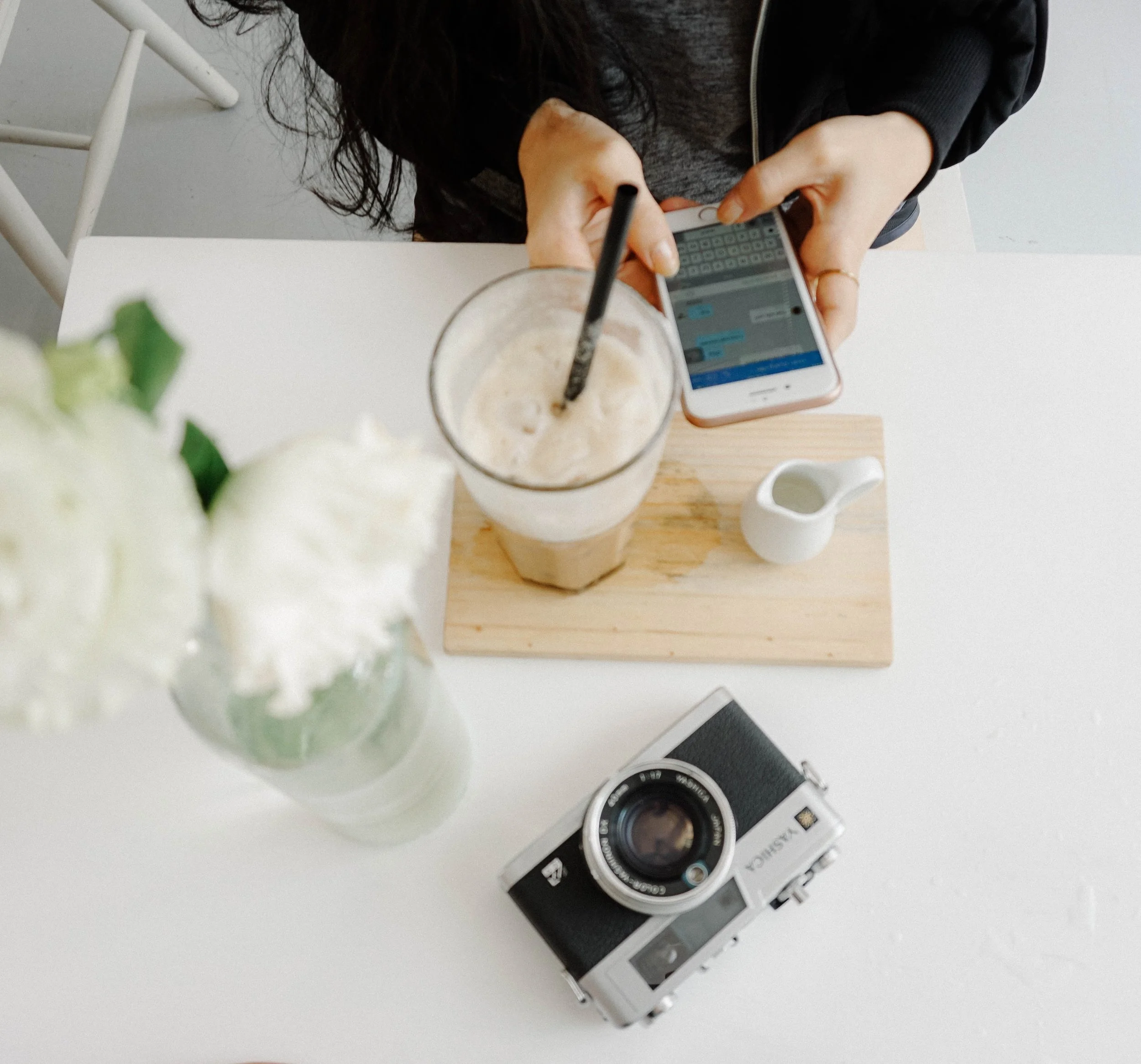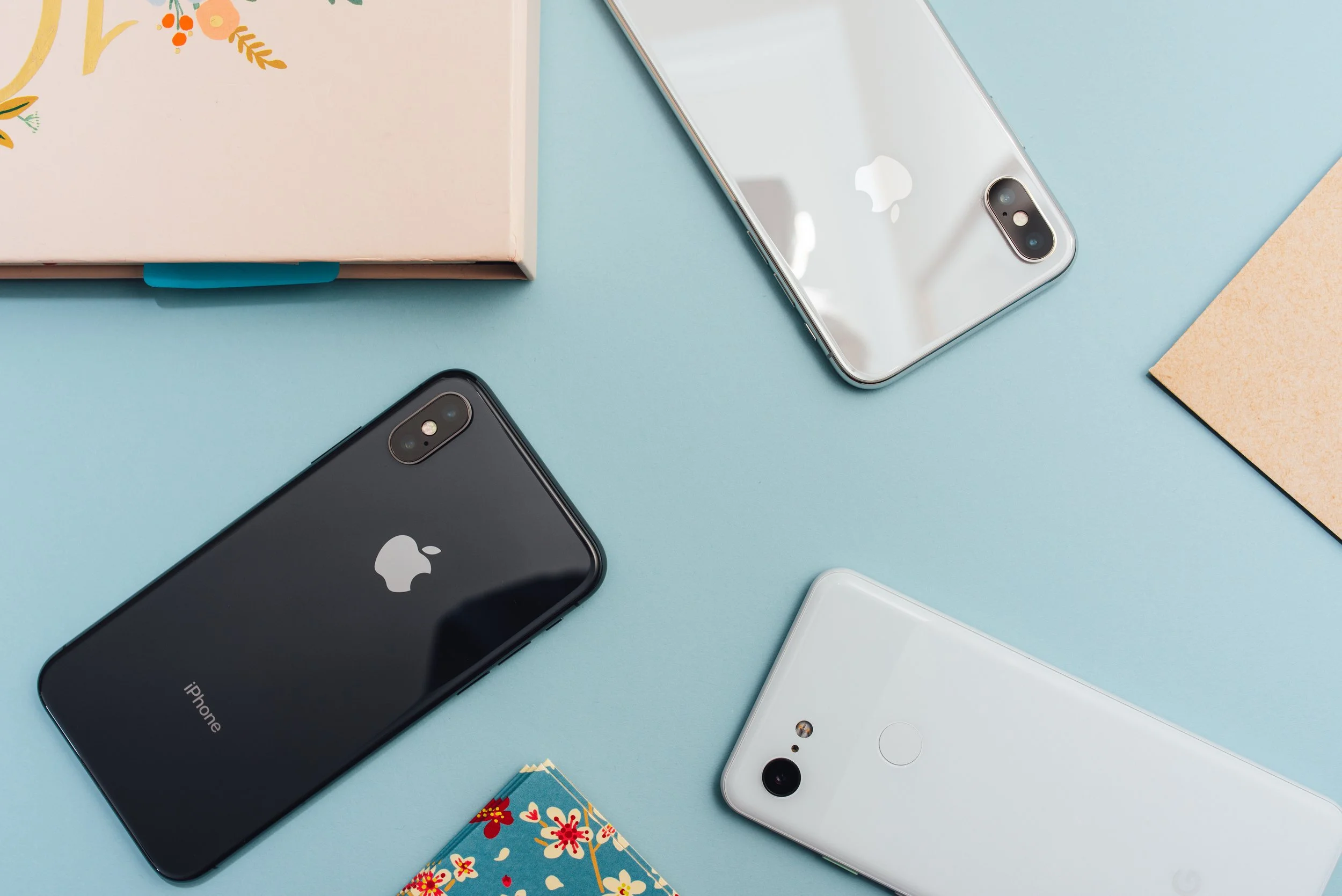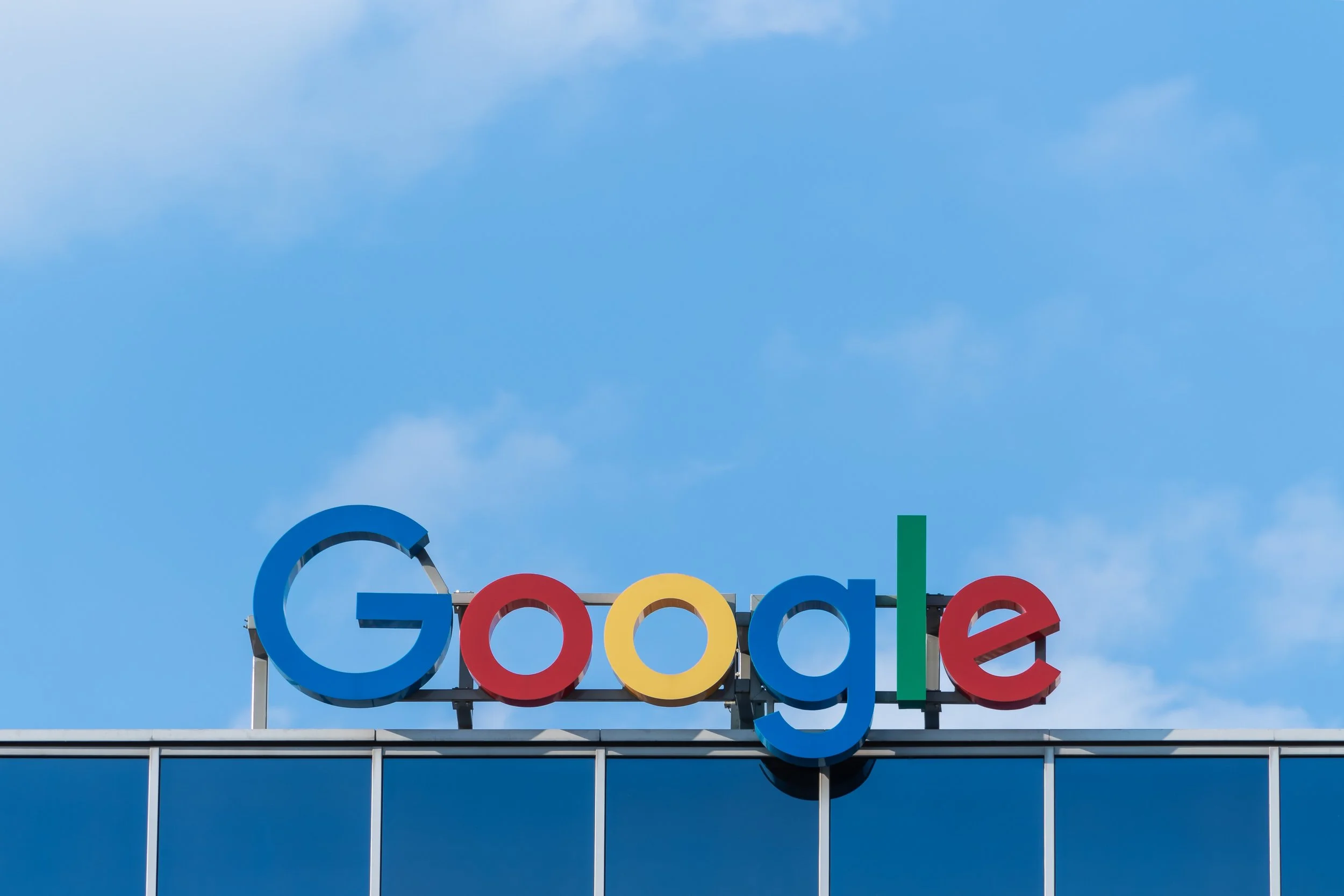Hold the phone
If the thought of not posting a daily insta story gives you anxiety or a new email notification simply can’t go unseen, it may be time for a digital detox.
We are creatures of technology now and while it may be incredibly useful, entertaining and educational, who hasn’t lost way too much time in an endless scroll of memes, vapid content and Who’s Your Disney Soulmate Based on Your Favourite Breakfast Meals quizzes? (Prince Eric, hit me up.)
From checking Facebook while waiting in line at the supermarket to posting a photo of your food at every meal, social media plays a significant role in our daily lives, and on average, we spend 2 hours and 22 minutes every day on social networking and messaging platforms. The ever handy (sarcasm) Screen Time feature on my phone tells me that in the last week, I’ve spent 13 hours 36 minutes per day eyeballing my screen, getting 109 notifications a day (only because I’ve switched most notifications off!) and 144 minutes per day on social media or messaging apps.
On average, we spend 2 hours and 22 minutes every day on social networking and messaging platforms.
A five minute Instagram scroll here and there throughout the day seems harmless but experts warn that if technology begins to distract you from doing what you should be doing—like at work or at school—or it negatively affects your relationships or costs you more money than you can afford, then it’s time to evaluate your digital habits.
The problem is: it’s really hard to disconnect. There’s something addictive about scrolling through various feeds and keeping up to date with the goings-on in all your life’s domains. Experts believe social media can provide a sense of instant gratification and a form of escapism from real life, which people continue to consume because endless scroll makes consumption a game: you never reach the end of the feed but that won’t stop us from trying.
Get your friends involved and up the ante next time you head out for dinner: everyone stacks their phones in the centre of the table; first to touch theirs pays the bill.
Digital in 2019 from We Are Social found that social media use worldwide has increased 9 percent since 2018, with 42 percent of the planet using some form of social media app. That’s 3.48 billion people producing new content, sharing new stories, videos and memes, and starting new conversations—all of which you can tap into at any time. Anyone starting to feel a touch of FOMO?
It’s even more a quick sand trap for entrepreneurs and anyone whose profession requires keeping a constant eye on social media. A decade ago, social media was just a trend: now, it’s a critical component of any business marketing strategy and crucial for personal networking. For many people, taking even a short digital detox could mean missing out on a big story or hashtagging opportunity that could set a business back.
A decade ago, social media was just a trend: now, it’s a critical component of any business.
Beyond the addictive nature of social media, just having the internet at our fingertips poses a whole world of potential issues. It’s not just that the dinner table debate has died—why argue over a general trivia question when you can immediately Google an answer—but research shows over-exposure to the internet makes it more difficult to remember facts, can make us generally less empathetic, can result in chronic insomnia, and distracts us from deep thinking and analysis.
Even tech bosses like Tim Cook (Apple) and Mark Zuckerberg (Facebook) have publicly acknowledged the power their tools can have over your mental health—while reaping the profits from their addictive technologies.
Research shows over-exposure to the internet makes it more difficult to remember facts, among a whole host of other issues.
If technology is spiking your stress levels and taking a toll on your wellbeing, it may be time to unplug and live in the moment—if just for a little bit. In a tech-saturated world, taking control back of your digital life can seem impossible and is often complicated by the demands of family, friends, and work but a regular detox can help you rethink your relationship with technology.
The first step is both the easiest and the hardest: just take a time out. Keep your phone in your bag while you concentrate on a task or the next time you go for lunch with friends. Put anything and everything that can beep at you on silent and step back from the busy-ness to be mindful for a moment. Fight the urge to just check your emails by setting time limits using Screen Time or other reminders; resist the tempting mistress that is Google and actually discuss topics of interest; maybe even deactivate your social media account for a while.
Remember: you are not alone in this. 73 percent of Brits said they’d struggle to go a day without checking their phone, and the average person looks at their screen 200 times a day. That’s once every six and a half minutes. In writing this, I lost count of how many times I picked up mine.
Technology is neither good nor bad: we just need to be mindful of our usage. ■














Private industry has come to dominate the institutions of science and research—and there are growing calls for open access to information.